SUMMARY
This is AI generated summarization, which may have errors. For context, always refer to the full article.
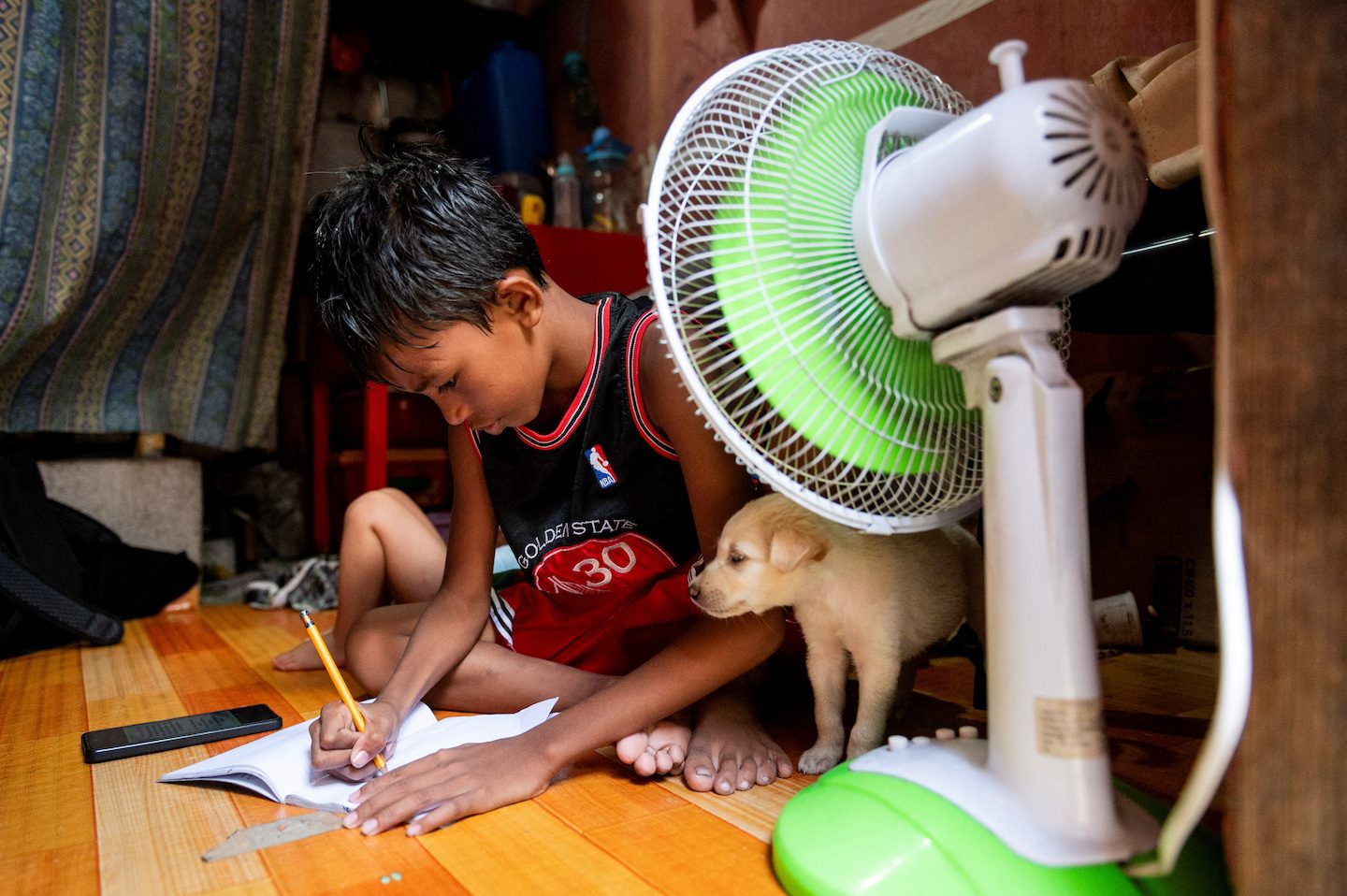
MANILA, Philippines – Sweltering heat in the Philippines can curb farm production, disrupt water and power and weigh on businesses, but it also takes a toll on students, hampering the Southeast Asian nation’s efforts to catch up to its neighbours in education.
Heat indices have hit 50 degrees Celsius (122 degrees Fahrenheit) in various regions in the Philippines, as the weather phenomenon El Nino intensifies the heat enveloping the nation in its summer months of March to May.
The Philippines scores among the lowest in the world in math, science and reading, partly because of years of inadequate remote learning during the pandemic, according to the Programme for International Student Assessment, an international study of education systems.
“It is extremely hot now. The heat burns my skin, it’s not like the usual (summer) heat that is tolerable,” said senior high school student Kirt Mahusay, 23, whose education was halted during COVID-19.
Thousands of schools have suspended classes due to the heat, affecting more than 3.6 million students, education ministry data shows.
“In May, we’re expecting more class suspensions because of the heatwaves. We’re seeing an average of more than 52 degrees Celsius (125 F), so you could imagine how stressful that would be for learners,” said Xerxes Castro, basic education adviser for the Save the Children Philippines.
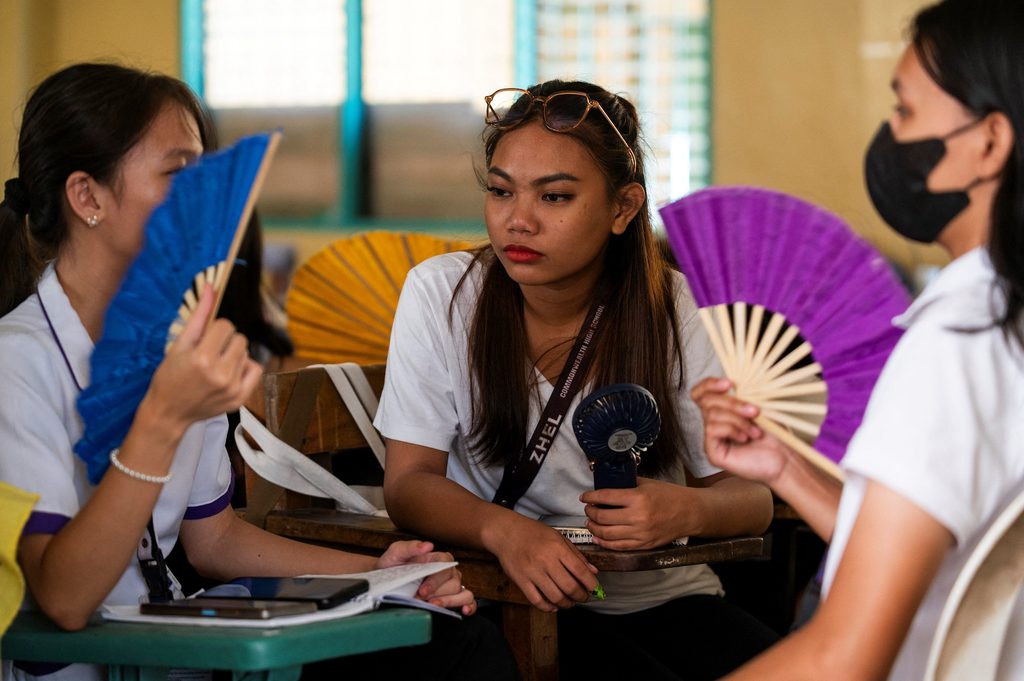
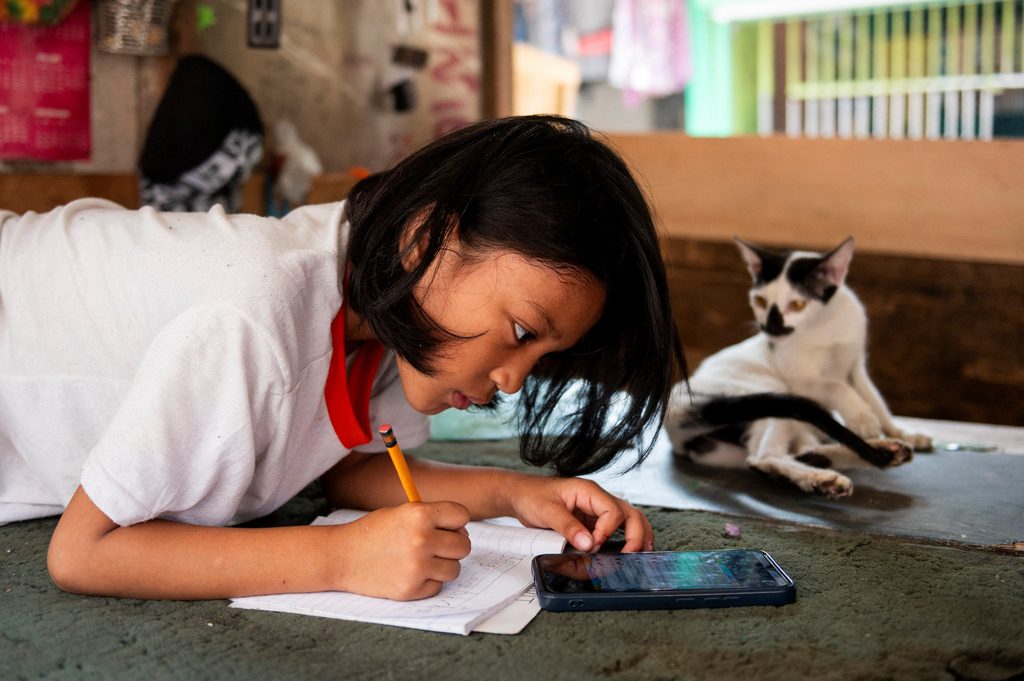
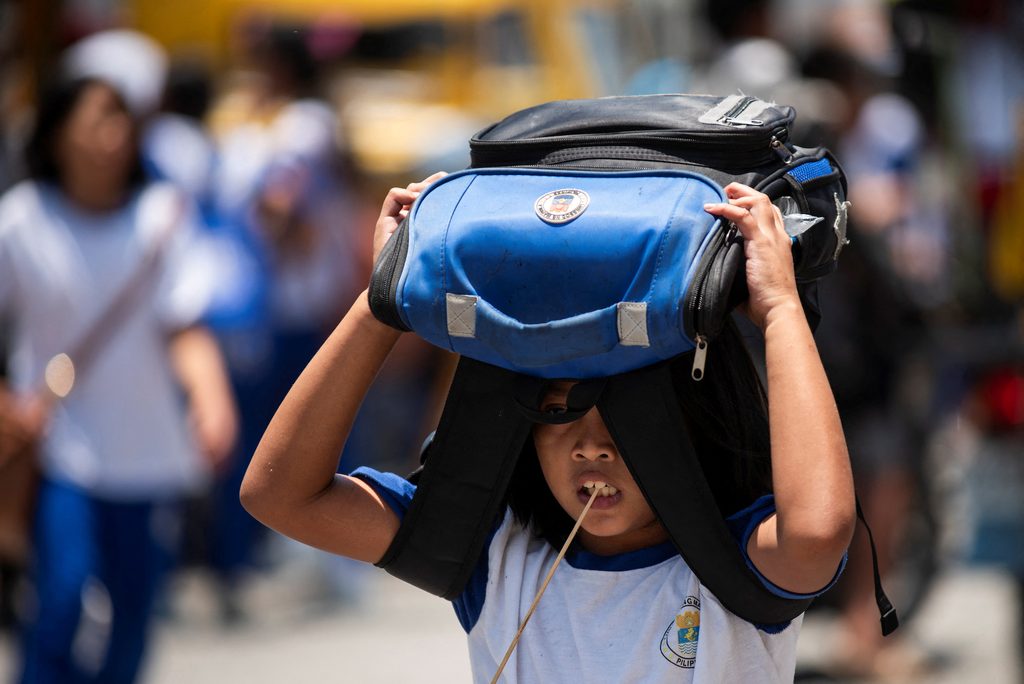
The wilting heat – part of a band spreading across much of South and Southeast Asia, exacerbated by climate change – makes it harder for students to learn.
Children are particularly vulnerable to heat-related illnesses such as dizziness, vomiting and fainting when exposed to extreme heat for long periods, according to Save the Children Philippines.
Students and teachers have expressed concerns about difficulties in remote teaching and learning, especially in poorer areas where homes are not conducive for studying and may lack access to good internet connectivity.
“I could not focus because I get dizzy” from the heat, Esmaira Solaiman, a 20-year-old senior high school student whose learning was delayed during the pandemic, said after attending an online class from home.
Students attending in-person classes in the capital Manila resort to portable fans, notebooks and even cardboard boxes for a bit of breeze to offer relief.
“My blood pressure is already increasing because of the heat,” said 62-year-old secondary school teacher Memia Santos. “Our backs are wet and at times we get dizzy.”
– Rappler.com
Add a comment
How does this make you feel?
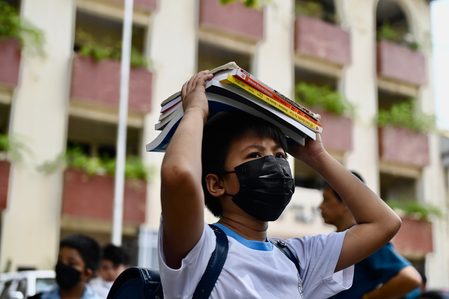
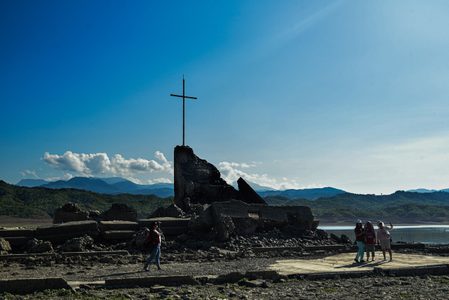

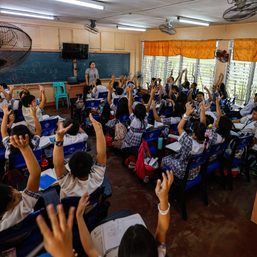
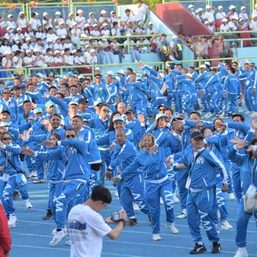
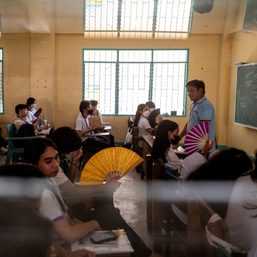










There are no comments yet. Add your comment to start the conversation.